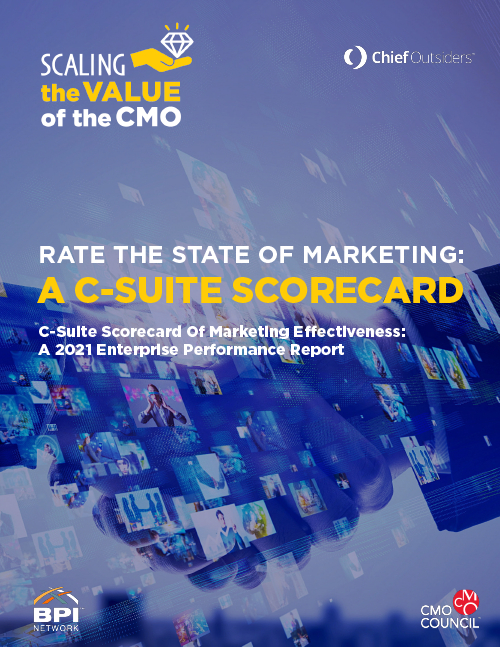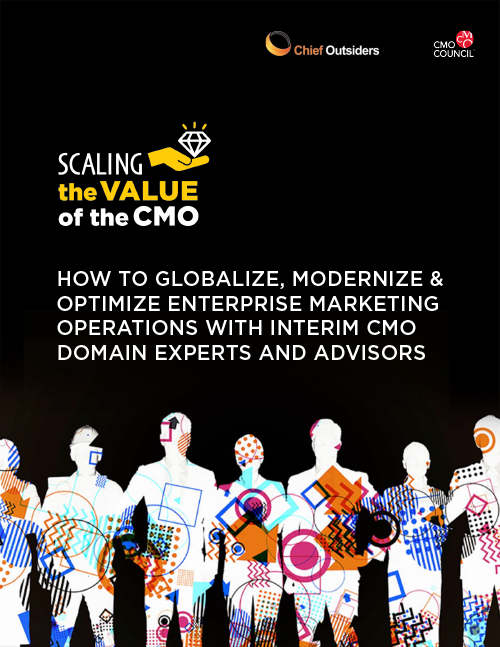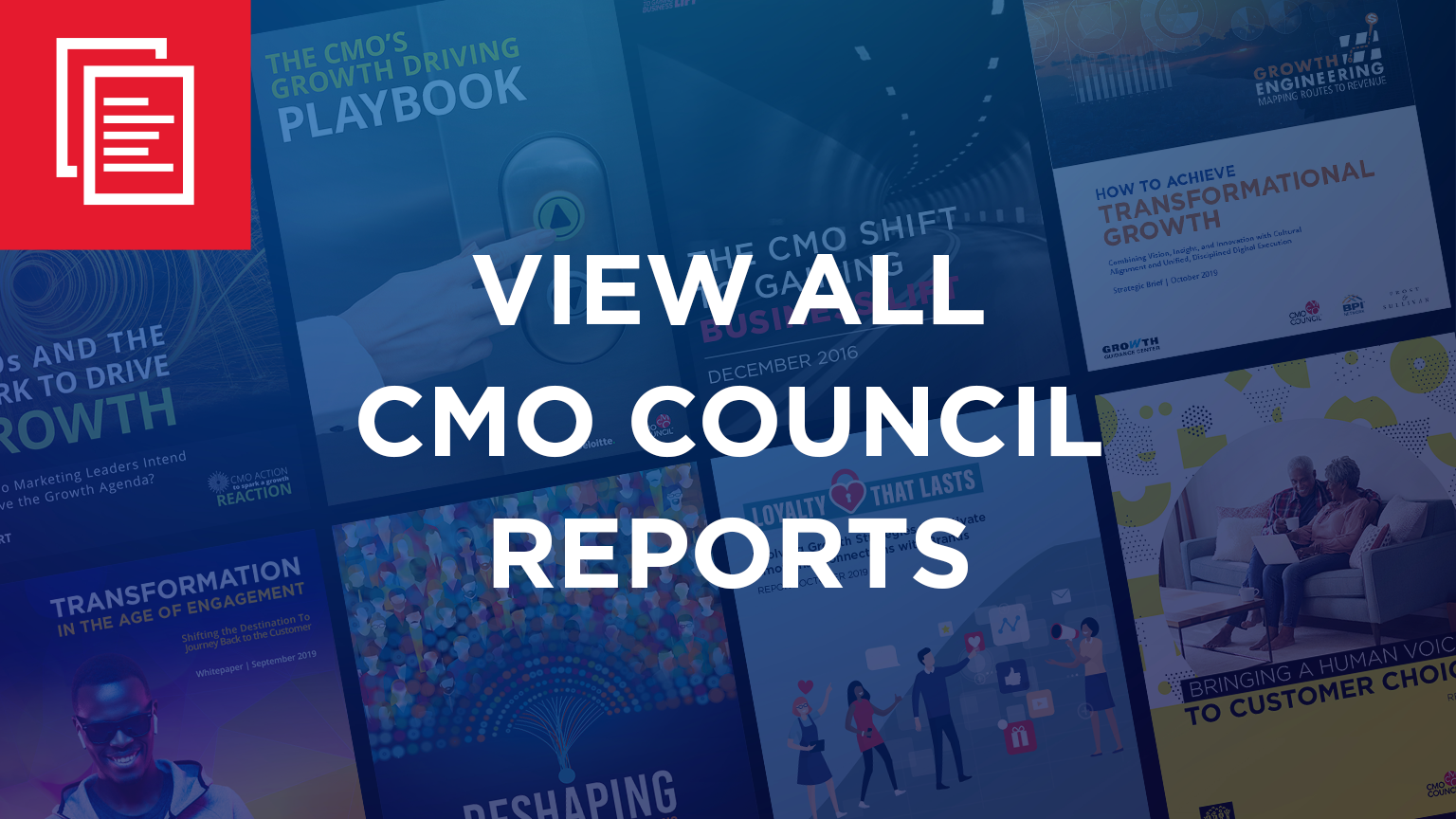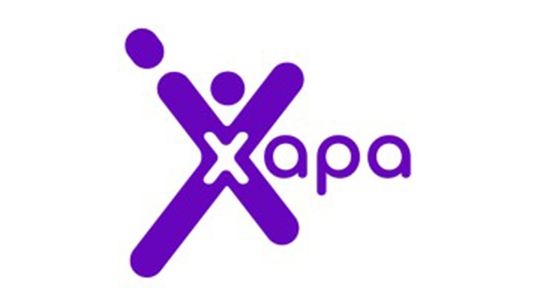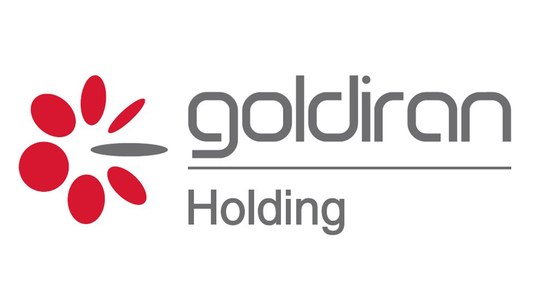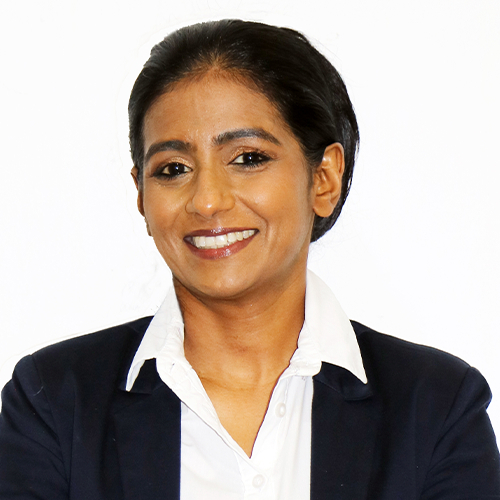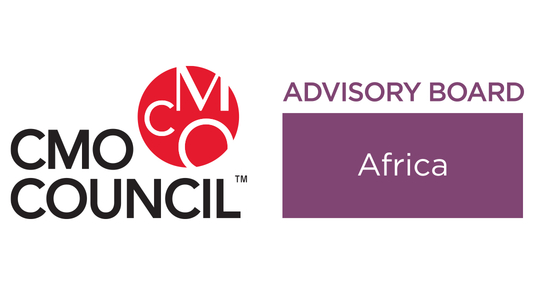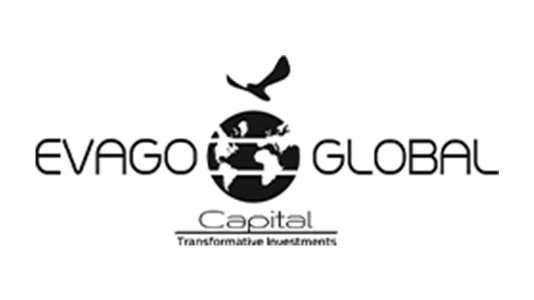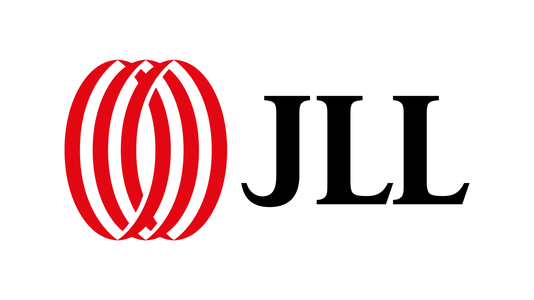Chief marketers are stretched and challenged like never before. The global pandemic has disrupted markets, operations and customer behaviors. Agile recovery and new routes to revenue are the new imperatives. Leaner, more digitally proficient marketing organizations with shared purpose and greater productivity are a key deliverable for 2021. Better integrating and leveraging new automation platforms, tools and actionable data insights critical to campaign performance are now an essential CMO mandate.
CMOs also have greater distractions and demands on their leadership and expertise. Markets are consolidating. Consumers have become more digitally demanding in their desire for instant and satisfying omnichannel engagement. Massive shifts are occurring in customer purchasing through both online and physical channels. New cloud and web-native entrants are disrupting and transforming under-performing companies and categories. And global enterprises are re-organizing, shedding, merging or acquiring new assets to compete in a tighter, more unpredictable geo-political and economic environment.
Savvy, seasoned leadership is in short supply and those in the office of the CMO are being challenged by talent turnover, transformation and testing times. Management and boards are looking to marketing leadership for inspired thinking around business recovery, predictable and profitable revenue growth, improved operational capacity and efficiency, effective demand generation and pipeline provisioning, as well as new areas of customer value creation and revenue optimization.
These are tough deliverables for one leader, often having the CMO title but not the territory or authority to effect change and improvements in all areas of customer experience and growth. Indicators of this are the increasing proliferation of specialist chief titles (revenue, growth, digital, data, relationship, commercial, brand, etc.) eroding the CMO’s capacity to operate effectively, seamless and transparently without close collaboration and shared interests.



